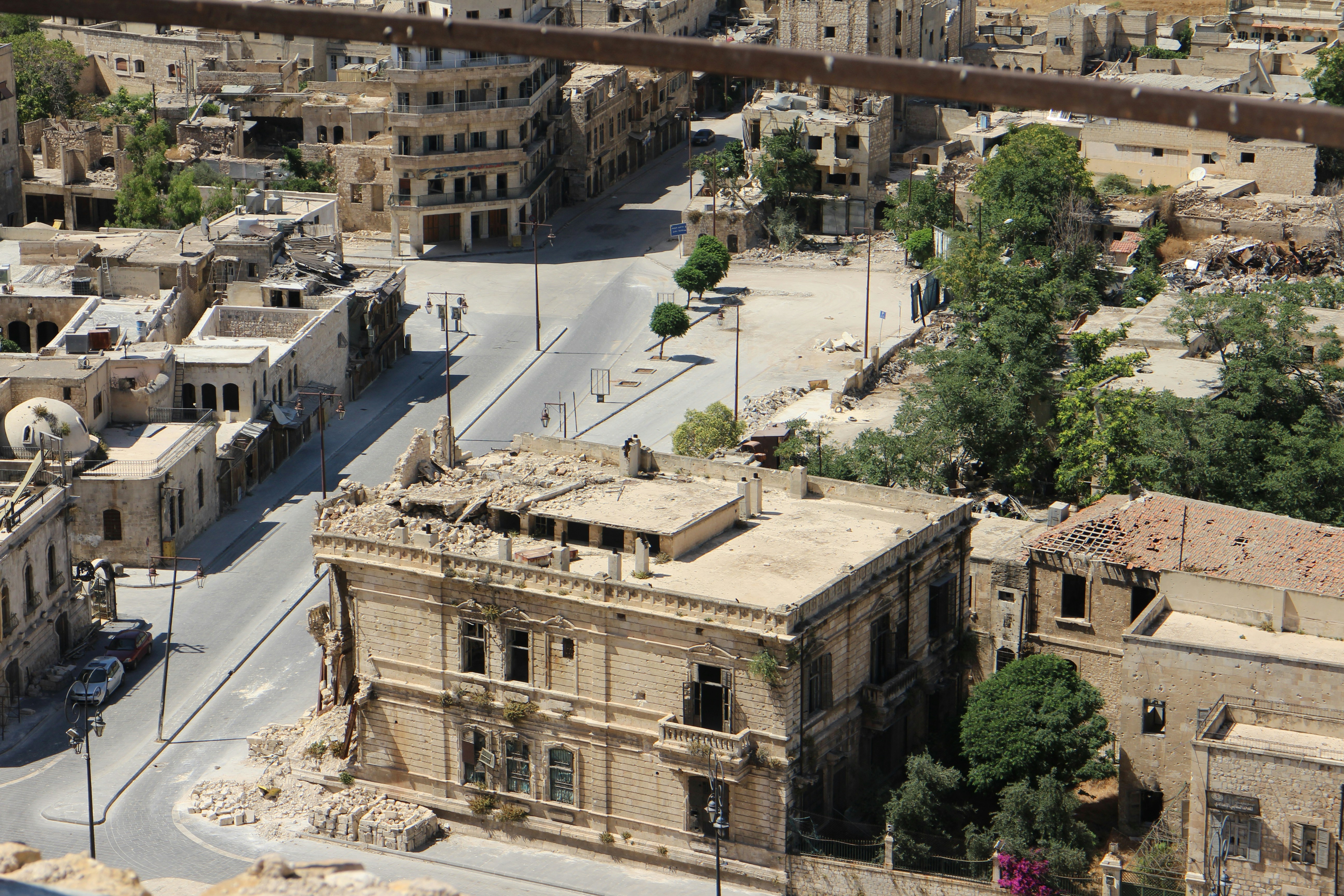Caught In The Crossfire: Civilians Endure Uncertainty In Rebel-Held Syria

The recent capture of a key Syrian city by rebel forces has drawn mixed reactions from its residents. While opposition supporters celebrate this victory as a milestone in their struggle against the Assad regime, others are apprehensive about the new Islamist rulers and the uncertainty their governance brings. Amid this tumult, civilians find themselves bearing the brunt of war, navigating an unpredictable landscape that threatens their safety and well-being.
Historical Context
The city has long been a focal point in the Syrian conflict due to its strategic location and economic significance. Once a bustling hub under Assad’s regime, it gradually became a battleground as rebel factions sought to wrest control. Years of airstrikes, sieges, and ground offensives have left its infrastructure in shambles, forcing many residents to flee. The city’s fall to rebels marks a significant shift in the war, but the price has been steep for its civilian population.
Life Under Rebel Rule
Since the rebel takeover, life in the city has undergone a drastic transformation. The new Islamist leadership has imposed strict governance, altering laws and enforcing policies aligned with their ideology. Public services, already weakened by years of conflict, have become even more scarce. For some civilians aligned with the opposition, the rebels represent a glimmer of hope for liberation from Assad’s rule. However, for others, particularly those wary of Islamist governance, the changes have brought anxiety and a sense of alienation.
Challenges Faced by Civilians
Security Concerns:
The looming threat of a regime counteroffensive casts a shadow over daily life. Civilians live in constant fear of renewed airstrikes or ground assaults. Additionally, the city’s control by multiple rebel factions raises concerns about potential infighting, further jeopardizing security.
Humanitarian Issues:
Basic necessities such as food, clean water, and medical supplies are scarce. The blockade of key supply routes has exacerbated the situation, leaving residents dependent on sporadic aid deliveries. Families who can afford it have fled, while those remaining struggle to survive under worsening conditions.
Social Tensions:
The city’s population is divided along political and sectarian lines. Some residents see the rebels as liberators, while others fear reprisals or discrimination under Islamist rule. Minority groups, in particular, face heightened vulnerability as they navigate this fraught environment.
Civilian Resilience and Coping Mechanisms
Despite the hardships, many civilians have shown remarkable resilience. Stories abound of neighbors sharing resources and supporting one another through adversity. Local charities and international NGOs, though limited in their reach, provide critical aid to the most vulnerable. In the face of uncertainty, residents have found ways to adapt, whether by creating informal markets, forming community networks, or seeking education for their children in makeshift schools.
Perspectives on the Future
For civilians, the future is fraught with uncertainty. Many hope for stability and an end to the violence, but these aspirations are tempered by fears of a prolonged conflict. The prospect of regime retaliation or extended rule under Islamist factions leaves residents questioning what lies ahead. The city’s capture by rebels is unlikely to end the fighting; rather, it positions the city as a key battleground in the broader struggle for control over Syria.
Conclusion
As the Syrian city adjusts to life under rebel rule, its civilians remain caught in the crossfire of a conflict far beyond their control. They face a precarious existence marked by insecurity, scarcity, and political uncertainty. Yet amid the chaos, their resilience and determination to endure stand as a testament to the human spirit. The international community must recognize the plight of these civilians and work toward a resolution that prioritizes their safety and dignity, acknowledging that they are the true victims of this protracted war.
Author: Ricardo Goulart
The Self-Destructive Nature Of Anti-Tourism Protests: Balancing Resident Concerns With Tourism Benefits
In recent years, anti-tourism protests have become increasingly common across popular tourist destinations. From the Bal... Read more
Military And Strategic Implications Of The Ukrainian Drone Attack In Kursk
On a recent morning, the Kursk region in south-western Russia witnessed an unexpected and significant event: a Ukrainian... Read more
Chinese Tech Stocks Gain Ground Despite Wall Street Technology Sell-Off
Chinese tech shares in Hong Kong gained on Friday, defying a technology stock sell-off on Wall Street, driven by strong ... Read more
Defense Pact Between Britain And Germany: A Focus On Cybersecurity And Joint Operations
In a move set to redefine European defense collaboration, Britain and Germany have signed a comprehensive defense pact a... Read more
US Secret Service Director Steps Down After Trump Assassination Attempt
Security lapses admitted by Kimberly Cheatle prompt resignation.Kimberly Cheatle, the head of the US Secret Service, has... Read more
Kamala Harris Promises A Brighter Future In Official Campaign Launch
In a vibrant and impassioned campaign launch, Vice President Kamala Harris vowed to lead America toward a "brighter futu... Read more

